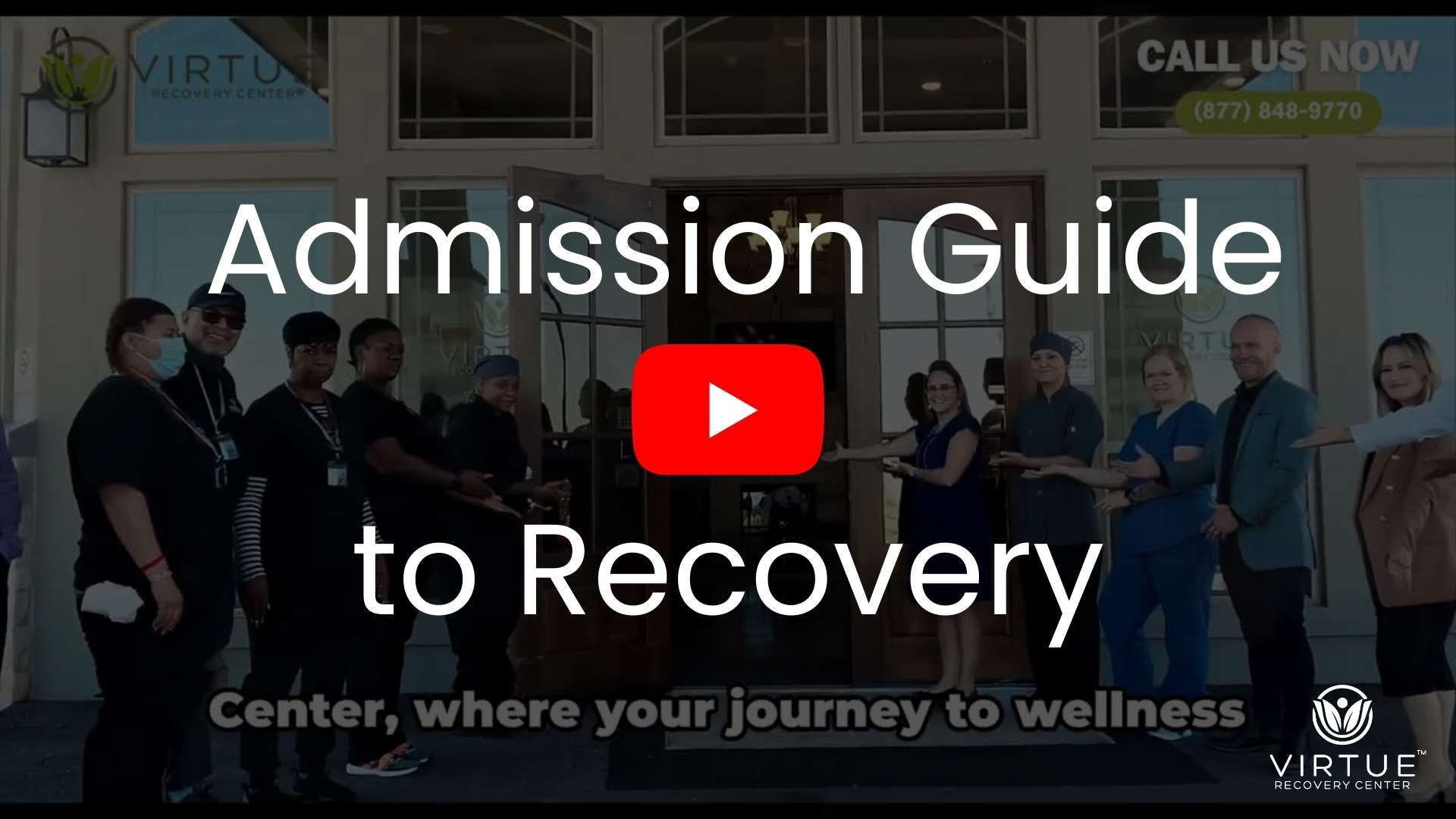What is the Admissions and Intake Process for Eating Disorder Treatment?
Eating disorders rehab centers' admissions and intake process are designed to gather relevant information about those struggling with eating disorders and create an appropriate treatment plan. It involves careful assessment and evaluation to determine the severity of the eating disorder, your or your loved one’s physical and psychological health, and specific treatment needs.
While the specific process may vary between rehab centers, if you or your loved one is interested in seeking treatment for an eating disorder, you may contact a rehab center through various means, such as a phone call, email, or an in-person visit.
Once contact has been made, a representative from the rehab center will conduct an initial assessment to gather information about your eating disorder history, symptoms, eating behaviors, medical history, and any previous treatment experiences. This assessment may be conducted over the phone or in person.
To determine the extent of coverage for eating disorders treatment services, the rehab center will verify insurance coverage, if applicable. They will also discuss payment options, financial assistance programs, and any available scholarships or grants. The goal is to ensure you receive the necessary treatment while addressing payment and financial assistance concerns.
Before being admitted, you’ll usually need to fill out intake forms and paperwork. These documents may include consent forms, medical release forms, financial agreements, and other administrative paperwork.
After admission, a team of professionals will perform a thorough evaluation, including physical exams, lab tests, mental health screenings, and assessments by medical experts, therapists, dietitians, and other specialists. This assessment aims to determine your overall physical health, the severity of your eating disorder, the presence of any co-occurring mental health condition(s), and other relevant factors.
In addition, the comprehensive assessment to determine your specific needs. Based on the results, the treatment team collaboratively develops an individualized treatment plan that includes a range of therapeutic interventions to address the underlying causes and symptoms of the eating disorder. These services include but are not limited to the following:
- Nutritional counseling
- Medical monitoring
- Psychological support, including individual and group therapy
- Family-based treatment
- Body image therapy
Upon admission, orientation will familiarize you with the rules, policies, and program structure. You’ll be provided information about the available treatment modalities, therapeutic activities, meal planning, support groups, and other program components.
Throughout the process, the treatment team will continue to monitor your progress, evaluate the effectiveness of the treatment plan, and make any necessary adjustments to meet your evolving needs or challenges. This ongoing assessment and adjustment ensure you receive the support needed for lasting recovery.



